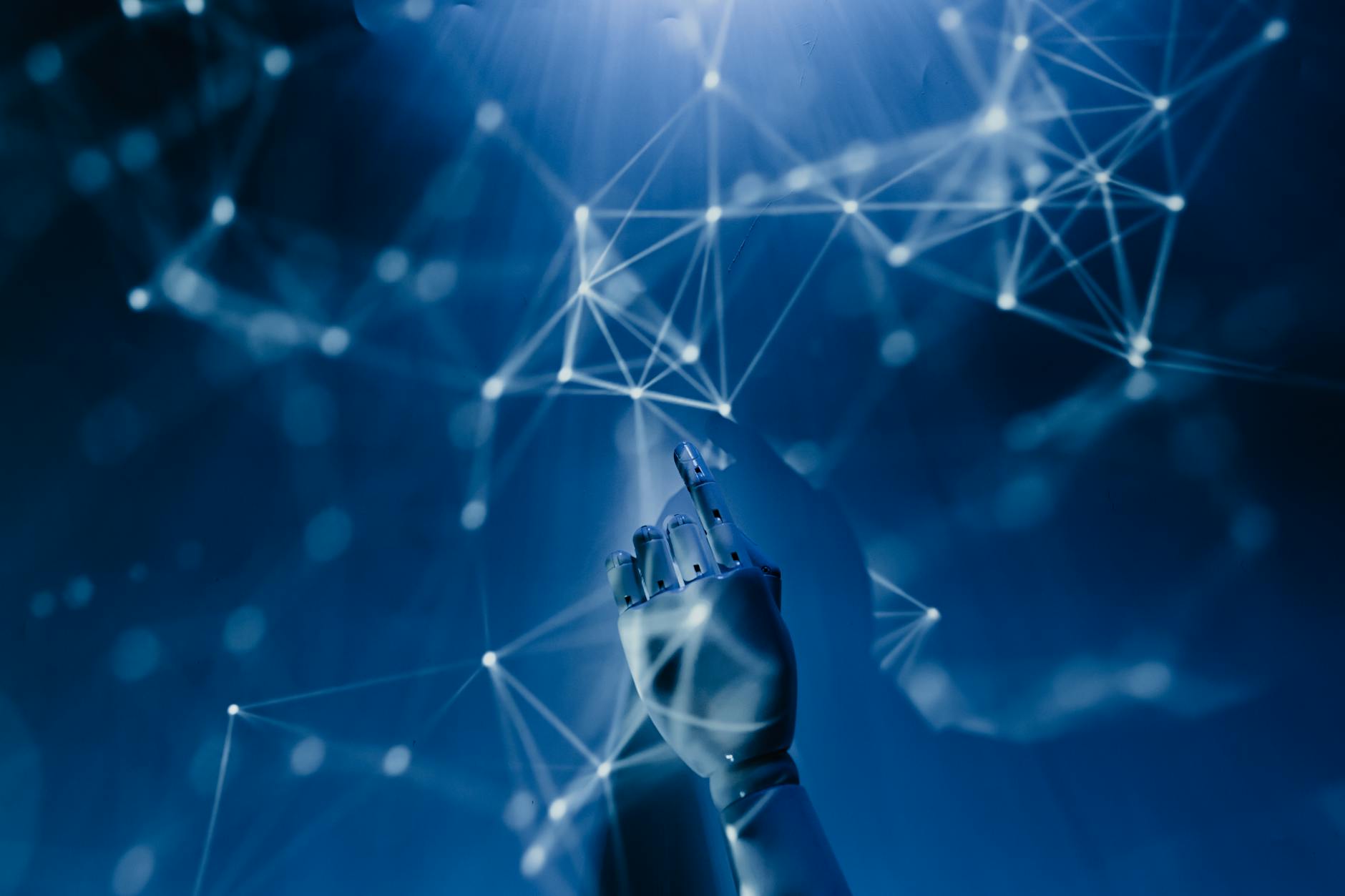
AI for Immortality: The Future of Living Forever (Or at Least Trying To)
Picture this: It’s 2123, and your great-great-grandchildren are chatting with a digital version of you at the dinner table—not as a hologram from an old recording, but as a fully interactive AI that thinks, talks, and remembers just like you. Sounds like sci-fi? With recent breakthroughs in artificial intelligence, the line between science fiction and reality is blurring faster than you can say “upload my consciousness.”
As someone who’s been knee-deep in AI research for over a decade, I’ve seen wild ideas go from laughable to plausible in frighteningly short timeframes. Let me walk you through how AI is reshaping humanity’s oldest dream—cheating death—and why your grandkids might actually FaceTime with “you” long after you’re gone.
How AI is Powering the Immortality Revolution
Forget the fountain of youth—today’s longevity researchers are betting on algorithms. Here’s where AI is making waves in the immortality space:
1. Digital Avatars That Never Forget
Last year, I worked with a startup creating AI clones that learn from your speech patterns, memories, and decision-making processes. Their prototype could hold conversations that left family members in tears—it felt that real. The scary part? This tech is already being used for basic customer service bots. The leap to full personality preservation isn’t as big as you’d think.
2. Aging Research at Warp Speed
AI is crunching through millions of medical studies to find aging patterns no human researcher could spot. One project at Stanford used machine learning to identify 87 previously unknown biomarkers of aging in just three months—work that would’ve taken decades the old-fashioned way.
3. Mind Uploading (No, Seriously)
While full consciousness transfer remains theoretical, companies like Nectome are already preserving brains with shocking precision. Their chemical process (tested on rabbits) maintains neural structures perfectly. Pair this with advancing brain-computer interfaces, and suddenly “downloading” memories doesn’t seem so crazy.
2025 Trends That’ll Blow Your Mind
Here’s what my industry contacts and I are predicting for the near future:
- Memory Banks: Subscription services that continuously record and digitize your life experiences
- AI Wills: Legal documents specifying how your digital clone should behave after you’re gone
- Biofeedback Loops: Wearables that use AI to optimize your body’s systems in real-time
- Nano-repair Bots: Microscopic AI surgeons patching up cellular damage before it happens
Digital Afterlife vs. Biological Longevity: The Showdown
| Approach | Pros | Cons | Current Leaders |
|---|---|---|---|
| Digital Immortality | No biological limits, easy to backup | Philosophical identity questions, energy intensive | HereAfter AI, Somnium Space |
| Biological Longevity | Maintains physical existence, socially accepted | Still subject to accidents/disease, expensive | Altos Labs, Calico (Google) |
Personally? I’m hedging my bets. I’ve got cryonics insurance and a personality backup scheduled for next Tuesday. Call me paranoid, but I’ve seen enough tech miracles to know today’s joke is tomorrow’s App Store download.
FAQs About AI and Immortality
Could an AI version of me really be “me”?
This is the million-dollar philosophical question. From a technical standpoint, we’re getting scarily close to perfect behavioral replication. Whether that constitutes true consciousness? Let’s just say the ethics boards are having panic attacks.
How much does digital immortality cost?
Right now, basic personality preservation starts around $10k for text-based systems. Full video/audio clones run $50k+. But like all tech, prices are dropping fast—I expect consumer-grade options under $1k by 2028.
Will this only be for the wealthy?
Initially, yes. But remember—the first mobile phones were luxury items too. Several nonprofits (like the Longevity Fund) are already working to democratize access.
The Ethical Minefield Nobody’s Talking About
At a conference last month, I watched two Nobel laureates nearly come to blows over whether we should even pursue this technology. The big questions keep me up at night:
- If your AI clone commits a crime, who goes to jail?
- Do digital humans get civil rights?
- Could we accidentally create a new slave class of copied consciousnesses?
My take? We need regulation yesterday. The EU is already drafting AI consciousness laws, while the US is still arguing about whether to form a committee to discuss forming a task force. Typical.
Your Next Steps Toward (Maybe) Living Forever
Want to dip your toes in the immortality pool? Here’s what I recommend:
- Start documenting your life—video journals are gold for future AI training
- Get your biological baseline with full genome sequencing and epigenetic testing
- Follow longevity research from legit sources (ignore the “fountain of youth” supplement ads)
- Consider joining a waitlist for personality preservation services
Will any of this actually work? Honestly? Maybe. But as someone who’s seen AI resurrect dead artists’ voices with eerie accuracy, I’m not betting against the tech. The real question isn’t can we achieve immortality through AI—it’s should we?
What do you think? Ready to upload, or happy to ride the biological clock into the sunset? Either way, you might want to start being nicer to your future AI caretaker. Just saying.


